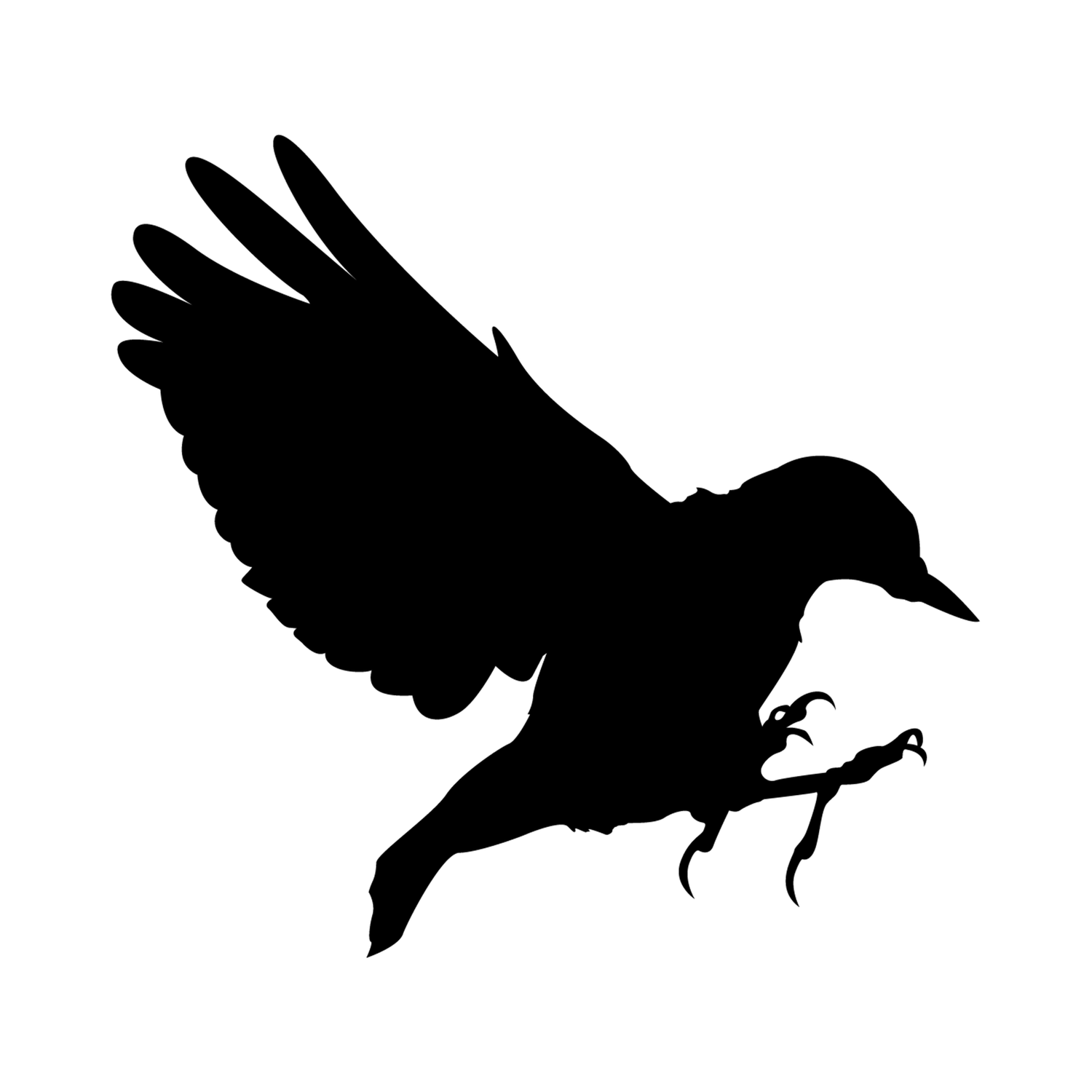The Curse really looks nothing like anything else on TV. With cinematography inspired by early episodes of Candid Camera the camera is always on the outskirts of the scene, peering in through windows, around trees and fences. Voyeuristically watching the protagonists in long lingering scenes as they transition from the performances they give when they’re on camera for their show, to the social performances they give to other people, and finally to the brief moments where they think nobody is watching and the performative façade fades entirely from their face and we see doubt and self-consciousness creep in.
My new video on The Curse explores the way these long, probing scenes act to elucidate some of the ways our media, from Reality TV, to social media, can distort reality.
On the surface The Curse is a show about newly married real estate developers Asher and Whitney, and their lonely-alcoholic-producer-friend Dougie, attempting to create a HGTV reality show with a focus on sustainability and having a positive impact on their community. Oh, and Asher gets cursed by a little girl after he takes back some money that he’s given her.
Where it really shines though is beneath that; not in what it depicts, but in how it depicts things.
The Curse is not a parody of an HGTV show. If you’ve watched a decent amount of HGTV (like I did researching this video) you know Flipanthropy, the fake HGTV show on The Curse isn’t really an exaggeration. Instead of parody, The Curse is doing something much stranger and I think ultimately more interesting here: It’s actually a pretty sincere character study of a couple making an HGTV show.
Yes the show is satirical, but it also paints a realistic picture of how a couple could start out producing a show with certain ideals, and then slowly get pulled into creating artifice and playing up drama because they want the show to succeed. How they might start out resistant to any kind of manipulation of reality, or inclusion of drama or conflict, but how this resistance might slowly be compromised due to the pressure of just getting the show made. This picture of the forces that shape a reality TV production act as as a microcosm of the kinds of forces that influence how any media get crafted.
Safdie and Fielder go to great lengths to make the fake show that Asher and Whitney are creating feel as true as possible to something you might actually see on TV. The clips we see of Flipanthrophy don’t feel like an imitation of a reality TV show, they feel like the real thing. But while they wanted the fake show on the show to feel like a real show, their stylistic concept for The Curse itself was to create something that felt unlike anything else on TV.
This is the source of the shows “cringe.” The unflinching gaze that it directs at moments of embarrassing consciousness, social awkwardness, miscommunication and the other “dirty mundane details” of life. The discomfots of human interaction and being that are too boring to typically qualify as dramatic.
The Curse leaves in all the awkward, uncomfortable, and boring moments that happen in our characters lives between and around the moments where the actual plot happens. It does this because the show’s dramatic core is the characters’ struggle to remove those moments things from how they present themselves and their lives to the world. That is the core of their performance.
We’re surrounded by media that carefully constructs an image of reality by curating what you see and what you don’t see. From TV to podcasts, movies, YouTube videos, and reels —it’s all vying for our attention on the same platforms. And to grab and keep our attention all of these media have evolved, as a matter of survival, towards depicting the most interesting and attention grabbing stuff. What is entertaining, dramatic, shocking, or funny. If you don’t want your viewers to click away and watch something else you remove everything that would make them feel awkward, confused, genuinely uncomfortable, or worst of all bored.
But a lot of life isn’t dramatic, entertaining or funny. At least it not in the way we want it to be, not in a way that is “dramatically interesting.” A lot of life is boring, awkward, confusing or uncomfortable. That’s not all life is, but it’s a side of life that we rarely see depicted in media because of media’s bias towards grabbing and keeping our attention.
The Curse by including and focusing on these things risks alienating some viewers. But I think this element is also what makes The Curse artistically compelling. Because we stand to learn a lot from turning our gaze towards the parts of life that we usually want to cut out, forget, or gloss over.
The Curse is connecting the performative nature of Reality TV to the ways we all perform in many parts of our life, on social media, and even in our friendships and relationships.
It’s a rare television show that genuinely challenges us, not just with ideas, but challenges the sensibility of the medium itself.

